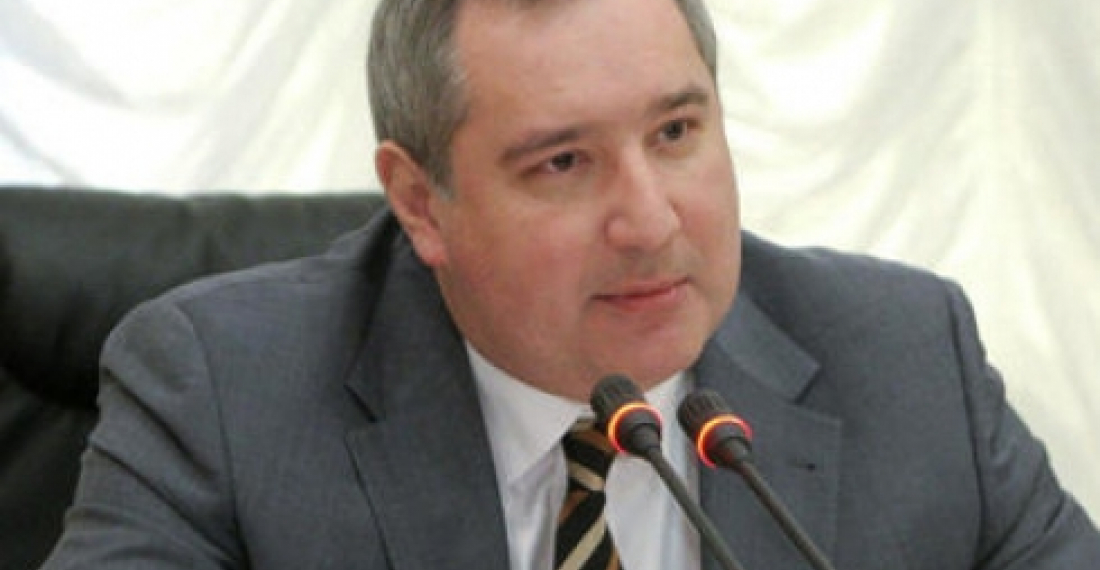Russian Prime Minister Dimitri Medvedev last week signed a decree appointing Deputy Prime Minister Dimitri Rogozin as Chairman of the Russia-Azerbaijan Intergovernmental Commission which oversees relations between the two countries. The appointment came only days after Rogozin was named as one of seven persons on a sanction list issued by the United States for his role in the Russian annexation of Crimea.
Rogozin, considered a Kremlin hard liner, was formerly Russian Ambassador to NATO until his appointment in 2011 as Deputy Prime Minister in charge of the defence and space industry. Earlier Rogozin had been active in Russian politics as leader of the now defunct Rodina Party. As party leader he made many scandalous statements regarding ethnic minorities. In 2005 he was barred from standing for election to the Moscow City Duma for using what was considered a chauvinist slogan, 'Let's clean the Garbage!'
Rogozin replaces Alexander Khloponin as Chairman of the Russia-Azerbaijan Intergovernmental Commission.
Commonspace.eu political editor said that Rogozin's appointment is significant in whichever way you look at it. By appointing a hardliner who shares President's Putin vision of a Russia led Eurasian political and economic union to counterbalance the west, the Kremlin could be sending a message to the Azerbaijani leadership that it is time to tow the line unless it wants to share the fate of Ukraine. Certainly the appointment, only days after Rogozin was put on the US sanctions list could not have been a coinicidence. It also follows Azerbaijan's vote in the UN General Assembly supporting the territorial integrity of Ukraine in defiance of Russian pressure.
The appointment can also be explained by the fact that Rogozin heads the strong Russian arms industry at a time when Azerbaijan has become an important client, buying billions of dollars in arms from Russia, despite the fact that the latter is a military ally of Armenia in the CSTO.
The former Chairman of the Russia-Azerbaijan Intergovernmental Commission Alexander Khloponin heads the Russian North Caucasus Federal District where for the last five years he has tried to introduce economic development in the region as an alternative to military force in the struggle against the Islamic inspired insurgency.
For many Khloponin represents Russian soft power, whilst Rogozin represents traditional Russian hard power. It is therefore no wonder that many in Azerbaijan are interpreting the change as a sign that Russia may be changing its approach to Azerbaijan from one of soft pressure to one of hard compliance.
source: commonspace.eu
photo: Dimitri Rogozin (archive picture)







